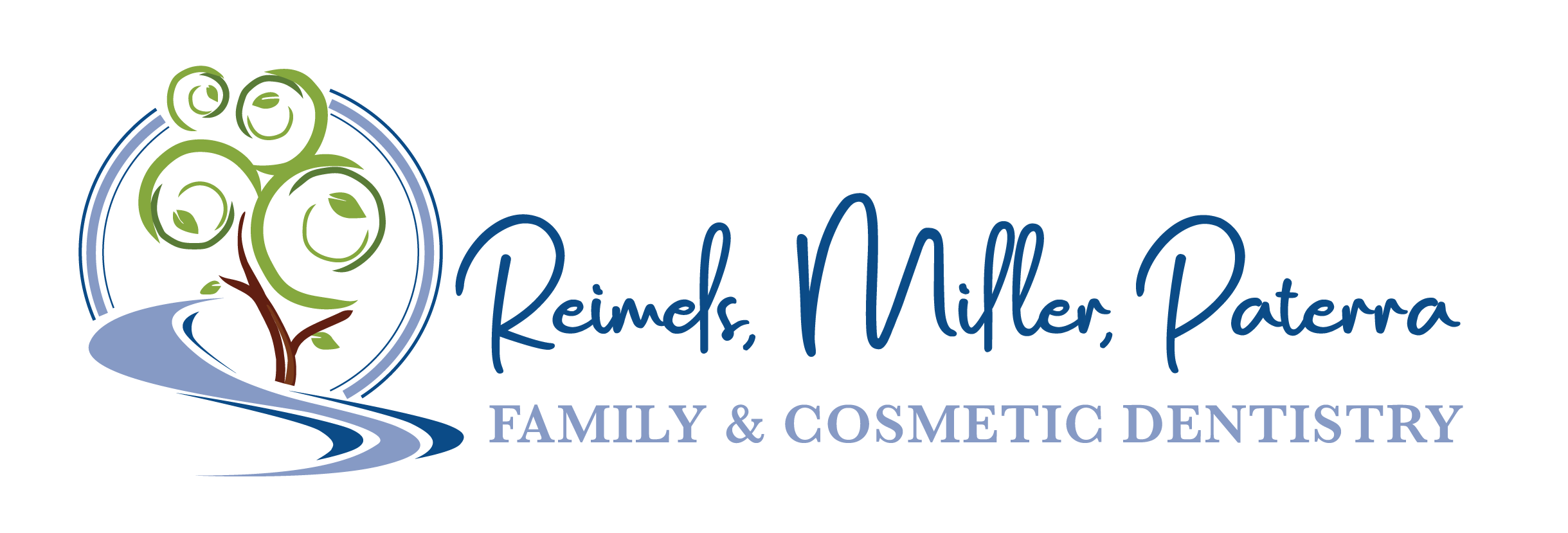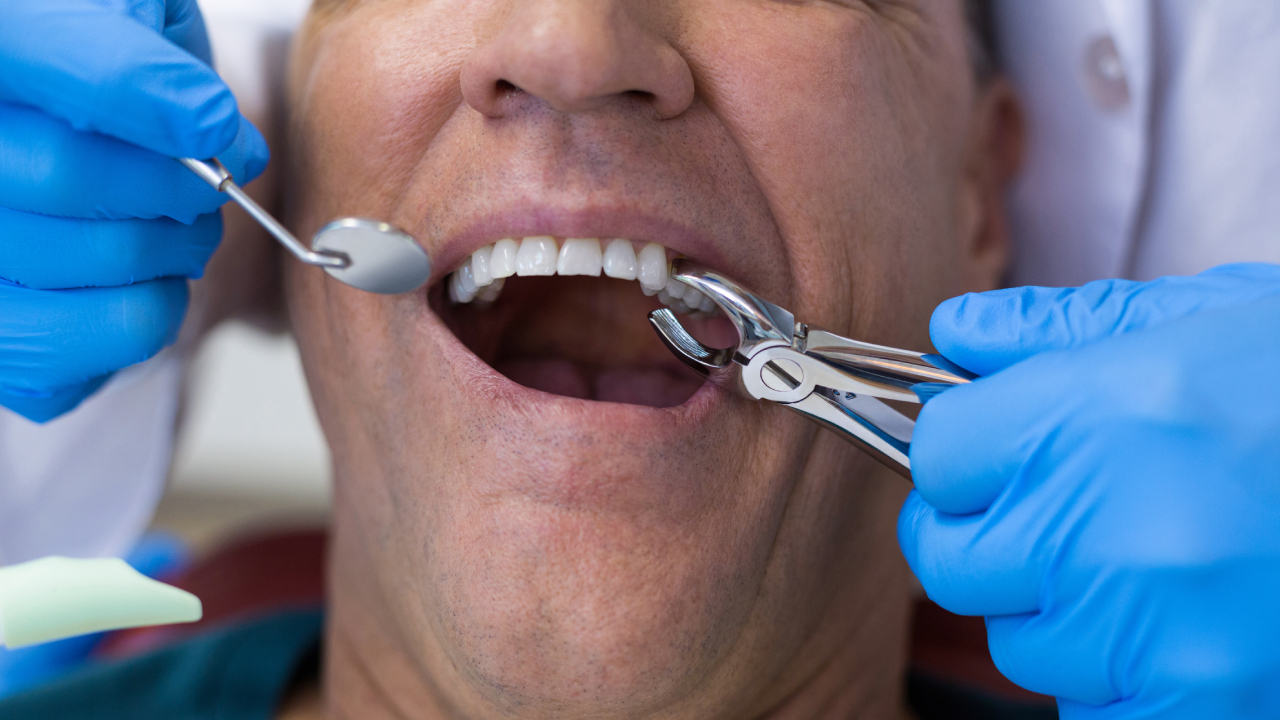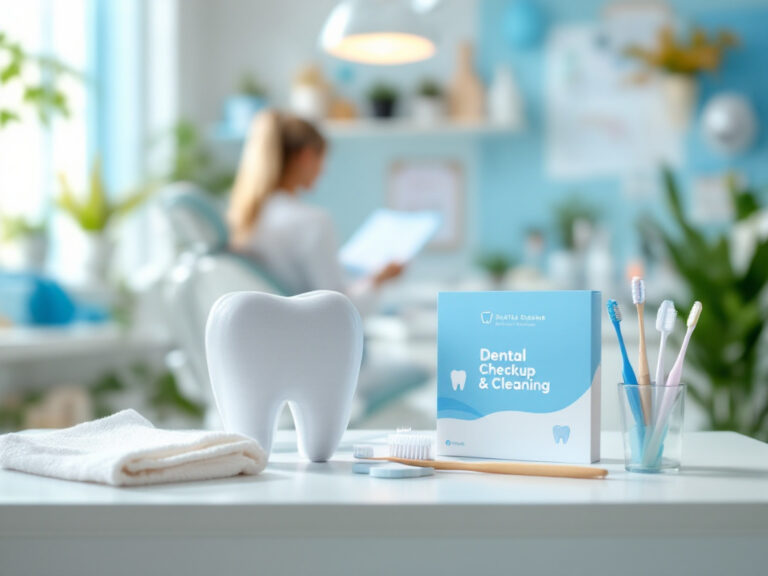Wisdom tooth removal often marks a critical phase in maintaining a healthy smile and preventing future dental complications. When your third molars, commonly known as wisdom teeth, appear in your late teens or early twenties, they may cause discomfort, crowding, infection, or damage to other teeth if there is not enough room for them to grow. By choosing a reputable dental practice such as Reimels Dentistry, you can access a supportive environment, comprehensive care, and individualized plans that help you face the unique challenges of these late-emerging molars. In this article, you will learn why removing wisdom teeth can protect your long-term oral health, how the procedure works, and how Reimels Dentistry’s preventive, restorative, and cosmetic services ensure you or a loved one receive the support necessary for lasting recovery and confidence in your smile.
Understand wisdom tooth removal
What are wisdom teeth
Wisdom teeth are the last (third) set of molars that typically emerge between the ages of 17 and 25, making them the final teeth to break through the gum line. Anthropologists believe these molars once helped our ancestors chew tough foods like roots or raw meat, but current diets and modern dentistry techniques have diminished this need. Today, many people find themselves with jaws too small to accommodate these extra teeth, leading to a variety of problems if the teeth remain in place.
You might have anywhere from zero to four wisdom teeth, and the number can even vary within the same family. Some individuals never experience complications, but others find that these molars grow in at undesirable angles or get stuck (impacted) beneath the gums. According to the Mayo Clinic, wisdom teeth may not require removal if they are healthy and fully erupted in the correct position (Mayo Clinic). However, it is often safer and easier to remove them as a young adult, because the roots are not yet fully formed and the jawbone is less dense.
Why these teeth require attention
When wisdom teeth do not have enough space to develop properly, they can push against the adjacent teeth or grow in horizontally, which can cause misalignment, discomfort, and the potential for future damage. Studies indicate that roughly five million third molars are extracted each year in the United States, with many patients choosing preventive extraction to avoid the risks of crowding, pain, and infection (Healthline).
Left unmanaged, partially erupted wisdom teeth can become a hotspot for bacteria and plaque accumulation. Daily brushing and flossing in these hard-to-reach areas is challenging. As a result, the likelihood of tooth decay and gum disease intensifies. Infection can also seep into deeper tissues and threaten the health of your entire mouth. Seeking a timely diagnosis from a trusted practice like Reimels Dentistry can make all the difference by pinpointing issues early and suggesting a tailored treatment program.
Recognize related complications
Crowding and shifting
One of the most common issues with third molars is overcrowding. As these teeth push forward, they may displace your healthy teeth, disrupt an established orthodontic alignment, or create pressure that radiates along your jaw. While not everyone experiences shifting, the potential risk can undermine expensive orthodontic work or lead to significant bite problems.
Identifying crowding often involves using advanced diagnostic tools such as 3d cone beam imaging, which provides a detailed view of your jaw and tooth roots. By evaluating your unique challenges through precise imaging, Reimels Dentistry can recommend the best course of action to prevent or resolve crowding before it compromises your smile.
Infection and gum disease
Partially erupted wisdom teeth often leave flaps of gum tissue that can trap food particles and bacteria. This can lead to infection or contribute to gum disease, especially if cleaning the area is or becomes difficult. Early-stage gum irritations may evolve into periodontal disease if left unaddressed. Signs of trouble include:
- Swollen or tender gums
- Persistent bad breath or unpleasant taste
- Bleeding gums while brushing
- Discomfort near the back of your mouth
If you notice any of these symptoms, it is critical to contact a dental professional. In some cases, gum disease treatment may be necessary before or after your extraction to ensure proper tissue healing and avoid deeper complications.
Cysts and damage to adjacent teeth
An impacted wisdom tooth can sometimes develop a cyst around its follicle. Over time, this cyst could damage the surrounding bone, compromise neighboring roots, or even result in tumors. While these conditions might be rare, the potential consequences underline the importance of prompt diagnosis and timely management.
If advanced imaging reveals that an impacted tooth is encroaching upon an adjacent root, tooth extraction or more specialized procedures may become necessary. For instance, a surgical tooth extraction might be required if the wisdom tooth is embedded deep within the jaw, preventing conventional removal. By staying in close contact with your dentist, you will ensure small problems do not escalate into more severe conditions.
Explore the extraction process
Assessment and evaluation
Your journey toward better oral health often begins with a thorough examination of your teeth and gums. During your routine dental checkup, Reimels Dentistry uses a blend of panoramic x-rays, digital xray imaging, or even 3D scans to meticulously evaluate your jaw’s structure. These images help confirm the wisdom tooth’s position, avoid unforeseen complications, and determine if extraction is truly necessary.
If you require specialized procedures to protect or restore your teeth prior to removal, Reimels Dentistry will guide you through options ranging from root canal therapy to dental crown placement. These interventions aim to resolve existing damage, so you can focus on the wisdom tooth extraction with peace of mind.
Preparations for a comfortable procedure
Dentists commonly suggest sedation for patients facing moderate to high levels of anxiety or those requiring extensive dental work. By leveraging sedation dentistry service, you can minimize discomfort and receive a tailored experience. Some common sedation options include:
- Nitrous oxide sedation – Also known as laughing gas, this is delivered via a mask placed over your nose.
- Oral sedation – This involves taking prescription medication prior to your appointment, calming your nerves yet keeping you awake.
- IV sedation dentistry – Administered intravenously, this deeper sedation provides a more relaxed experience, often with limited memory of the procedure.
Before you select the method that resonates most with your preferences, Reimels Dentistry’s team will discuss your medical history, personal comfort level, and any concerns you may have.
Removal techniques
The extraction itself can range from straightforward to complex. In a simple scenario, where the tooth is fully erupted and easily accessible, the dentist numbs the surrounding gum tissue. Then, gentle pressure and specialized instruments free the tooth from its socket.
For more involved extractions, surgical intervention may be necessary. This can include creating an incision in the gum line, removing bone around the tooth, or sectioning the tooth into smaller parts. According to the Cleveland Clinic, wisdom teeth extractions often take less than an hour to complete, although more extensive cases might last longer (Cleveland Clinic). With Reimels Dentistry’s modern equipment and compassionate care, you can feel reassured about the process from beginning to end.
Prioritize effective aftercare
Immediate recovery steps
The first 24 to 48 hours after your extraction are vital for successful healing. You will receive detailed instructions on how to manage swelling, encourage clot formation, and reduce the risk of complications like dry socket. While some discomfort and minor bleeding are normal, follow your dentist’s guidelines carefully to optimize healing:
- Bite gently on gauze to control bleeding for the initially prescribed period.
- Apply cold packs to the outside of your cheek to help minimize swelling.
- Rest and avoid strenuous sports or heavy lifting for a short time to prevent disruptions to blood clots.
- Take over-the-counter or prescription pain medication as advised.
By adhering to these directions, you can expect an easier recovery period. Should symptoms such as severe pain, excessive swelling, or persistent bleeding arise, immediately contact your dental professional so that you receive prompt advice or intervention.
Long-term healing and follow-up
Full recovery may take anywhere from a few days to a couple of weeks, depending on your age, overall health, and the complexity of your extraction. According to Healthline, people often need 3 to 5 days off from regular routines, and pain tends to peak around day three or four (Healthline).
While rest and medication play a role, ongoing aftercare is equally vital. The Reimels Dentistry team can provide thorough instructions on rinsing the area, maintaining gentle oral hygiene around the extraction site, and resuming activities like professional teeth cleaning. Additionally, you may receive guidance on scheduling follow-up visits to confirm that your socket is healing well and that no further complications have emerged.
Preventive benefits for the future
By deciding to remove your wisdom teeth, you are not only addressing immediate problems but investing in the longevity of your oral health. An extraction often has a positive ripple effect:
- Preserving alignment achieved by orthodontic work.
- Lowering the risk of gum infections or pain.
- Minimizing damage to adjacent molars suffering from excessive pressure or trapped food debris.
- Reducing the need for more complex procedures later, such as additional extractions or gum surgeries.
When combined with consistent preventive measures like fluoride treatment, oral cancer screening, and regular checkups, wisdom teeth removal supports a more stable, healthier smile for many years ahead.
Choose Reimels Dentistry now
Comprehensive approach to dental care
Reimels Dentistry combines expertise in preventive, restorative, and cosmetic services to create a tailored treatment program for every patient. By addressing every aspect of your oral health, from routine examinations to specialized treatments, the practice fosters a supportive environment dedicated to your comfort. Whether you need porcelain veneer placement, gum disease treatment, or more extensive procedures like bone grafting ridge preservation, the goal is to ensure you receive comprehensive care under one roof.
Individualized plans
No two mouths are exactly alike, and Reimels Dentistry takes pride in offering individualized plans that reflect your health history, lifestyle, and cosmetic priorities. From your initial consultation to the final follow-up, every step is tailored to achieve a lasting outcome. The practice employs advanced imaging and diagnostic tools, ensuring that any underlying issue is fully understood before recommending solutions.
Here are a few benefits of choosing Reimels Dentistry for your wisdom teeth assessment and extraction:
- Detailed evaluation: Rapid and precise imaging, including 3D cone beam technology, so you have clarity around your dental anatomy.
- Minimally invasive strategies: Whenever possible, the practice aims for a gentle approach that promotes swift healing.
- Dedicated sedation options: Trained professionals provide sedation customized to your comfort level.
- Holistic perspective: Guidance on everything from daily hygiene to restorative or cosmetic enhancements.
Picture it as a continuum of care. You might begin with a routine dental checkup or an orthodontic consultation, proceed to your wisdom tooth extraction, and then transition to further enhancements like a cosmetic smile makeover. Every phase is coordinated meticulously so you can benefit from a seamlessly integrated path to oral health.
Support necessary for lasting recovery
A pivotal tenet of Reimels Dentistry’s philosophy is ensuring you have the support necessary for complete, confident healing. Before, during, and after your extraction, the staff remains attentive to potential anxieties or concerns. If you or a loved one experiences dental anxiety, medication management for dental anxiety is available to help you approach your care with minimal stress.
Additionally, you can rely on:
- Expert guidance: If you have questions about how your extraction site is healing, you will receive prompt answers and, if needed, face-to-face reassurance.
- Emergency availability: Should unexpected complications arise, emergency dental care is structured to address your pain or concerns swiftly.
- Transparent costs: Through an insurance friendly dental practice and transparent dental pricing, you will know what to expect, enabling you to plan your budget.
Because wisdom teeth extraction is ultimately a preventive measure, you will discover that the benefits reach far beyond immediate relief. This singular choice can pave the way for a lifetime of healthier and brighter smiles, supported by the depth of expertise at Reimels Dentistry.
FAQs about wisdom teeth
- How do I know if I really need my wisdom teeth removed?
You may notice pain, crowded teeth, or frequent gum irritation near the back of your mouth. An evaluation with x-rays or 3D imaging can confirm whether your wisdom teeth are impacted, misaligned, or prone to infection. When in doubt, consult a qualified dentist who can review your oral health and recommend an approach specific to your situation. - When is the best time to remove wisdom teeth?
Many dentists suggest extraction in your late teens or early twenties, because the roots are still forming and the jawbone is more flexible. According to the Mayo Clinic, removing wisdom teeth at a younger age can often reduce the risk of complications and accelerate recovery (Mayo Clinic). - What is dry socket, and how can I prevent it?
Dry socket occurs when the blood clot at the extraction site dislodges too soon, exposing bone or nerves. This can be very painful and delay healing. To minimize the risk, avoid smoking, using straws, or engaging in heavy rinsing for the first few days after surgery. Work closely with your dentist’s aftercare instructions, and if you suspect dry socket, contact the office for immediate guidance. - What sedation options are available for wisdom tooth extraction?
Depending on your comfort level and medical history, you can opt for nitrous oxide sedation, oral sedation, or IV sedation. All three help you stay calm, reduce pain perception, and streamline the procedure. Reimels Dentistry specializes in sedation dentistry service and can recommend the best option for your needs. - How long does recovery usually take?
Most individuals can resume normal routines in about three to five days, although it may take up to two weeks for full healing. You may experience heightened discomfort around day three or four, which typically subsides with proper aftercare. If you notice your pain worsening after day four or notice persistent swelling or bleeding, seek a professional evaluation to rule out infection or other complications.
By understanding the complexities of wisdom teeth and taking proactive steps toward their removal when needed, you equip yourself with a meaningful layer of protection against future oral health concerns. Choosing Reimels Dentistry for your preventive, restorative, and cosmetic dental care needs ensures a supportive environment, comprehensive expertise, and a tailored plan that respects your individual journey. From your initial screening to final checkups, rest assured that you will receive the highest level of attention and skill, resulting in a healthier, more confident smile for years to come.








